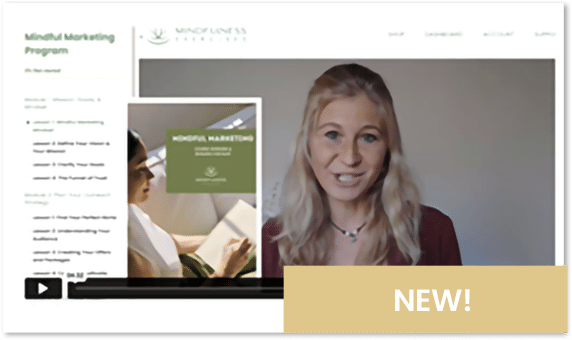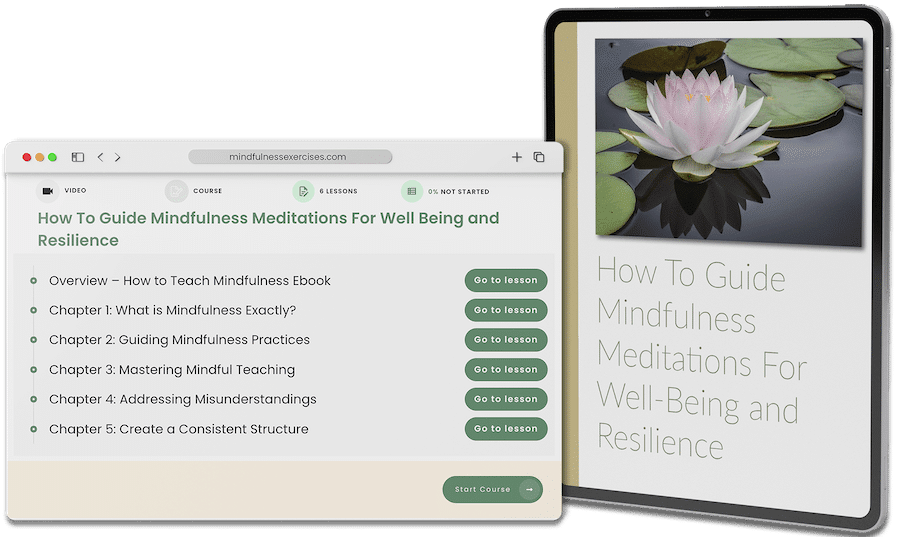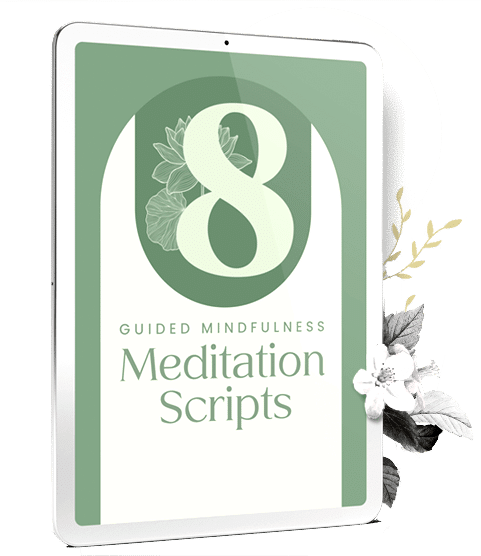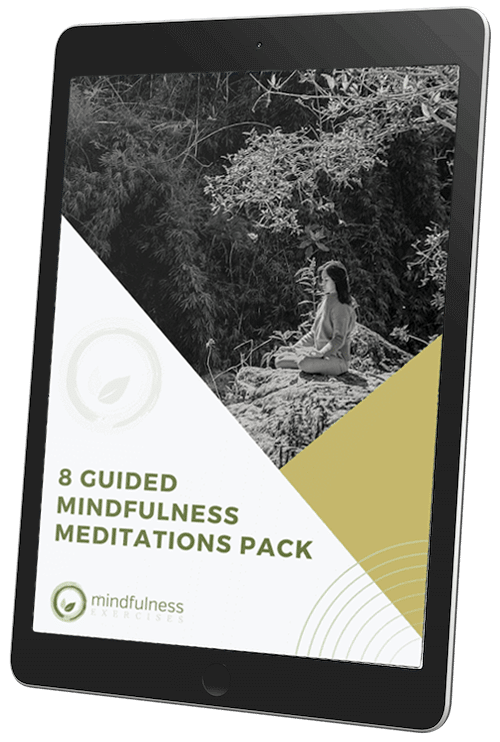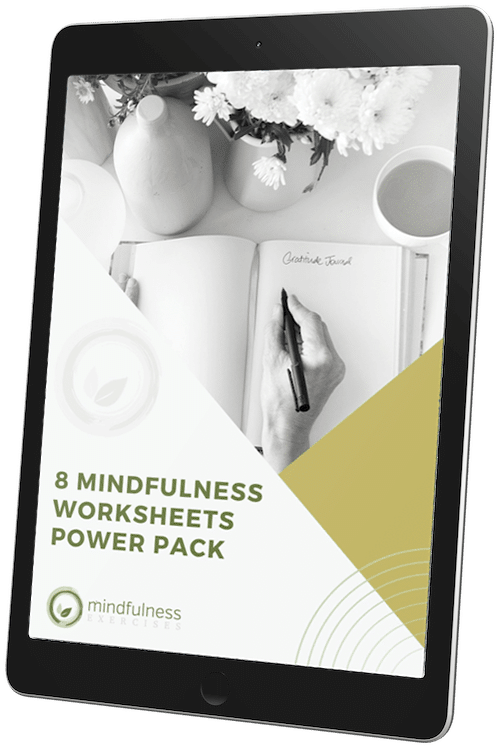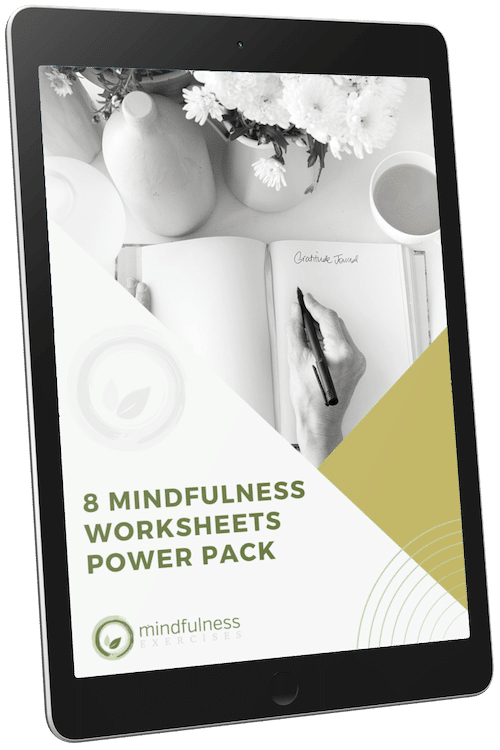Mindfulness with relationships and family take work, that's why we offer free mindfulness techniques and resources to enhance mindful relationships.
The great thinkers, artists, saints and sages across time have asked us to “Know thyself”:
Knowing yourself is the beginning of all wisdom. – Aristotle
Observe all men, thy self most. – Benjamin Franklin
This is true knowledge, to seek the Self as the true end of wisdom always. To seek anything else is ignorance. – Bhagavad Gita
Knowing others is intelligence; knowing yourself is true wisdom. Mastering others is strength; mastering yourself is true power.- Lao Tsu
Whoever knows himself knows God. – Muhammed
This above all, to thine own self be true. – William Shakespeare
If you do not know yourselves, then you are in poverty and you are poverty. – Saint Thomas
Mindfulness can improve many areas of your life because mindfulness’ greatest accomplishment is “knowing thyself” or self-knowledge. Without self-knowledge, patterns persist without understanding and actions are taken without consciousness.
Relationships are very often the most unconscious reinforcements of our patterns, in part because the hormonal and emotional impulses that drive them make them appear to be haphazard, serendipitous encounters. In fact, they’re some of the greatest mirrors of our weaknesses, insecurities, arrogance and egocentrism. Who we’re attracted to is anything but haphazard. Attraction is often a reinforcement or response to an emotional wound or pattern. Without consciousness of this, the pattern will only persist.
Perhaps nowhere is it easier to veer off your path- and experience the Buddha’s definition of unhappiness in the form of desire and aversion- than within an intimate relationship.
I recently attended a ballet performance about the sculptor Rodin and his relationship with his lover Camille and wife Rose. Though the ballet was titled “Rodin” it mainly revolved around the character of Camille who was a talented sculptor in her own right and who lost her path as an artist in order to become Rodin’s lover, assistant and muse. Eventually abandoned by Rodin, she became mentally ill and ended up in an insane asylum, never realizing her potential as an artist. There was no better way to witness this internal struggle than to see the dancer portraying Camille physically struggling to maintain her independence and liberty and remain faithful to her artistic vision and ultimately failing all of them under the spell of Rodin’s overpowering seduction. No less emotionally touching was Rodin’s wife Rose’s defensiveness and jealousy as she struggled to keep her husband from his lover.
Though it may seem to be a dramatic example, every day, everywhere we look, and even within our own households we can find similar dramas and power struggles occurring. Osho had this to say on the topic of mindful relationships: “When you are in relationship with people, in a thousand and one ways you are provoked, challenged, seduced. Again and again you come to know your pitfalls, your limitations, your anger, your lust, your possessiveness, your jealousy, your sadness, your happiness all moods come and go, you are constantly in a turmoil. But this is the only way to know who you are.”
Without learning who you are, there can be no real relationship with another because the relationship will only consist of subconscious pattern repetition and emotional and physical reaction. Mindfulness is the ultimate in self-care practices. The questions are all about you.
Who am I? Why am I? What am I? Where am I? Where am I going? What do I want? How do I want it? How am I doing? Am I doing it right?
Am I getting the results I want? How can I get the results I want? And so on.
This expression of self-care in the form of self-examination is what allows intimacy and love to occur without repeating patterns of lust, infatuation, and, eventually, hatred and repulsion. Being able to recognize patterns makes it possible to stop being carried by their momentum and instead begin making choices about the type of relationship you want to have.
The American Psychological Institute published a study conducted over 30 years that concludes that couples who practice mindful relationships experience greater physical, emotional and spiritual intimacy in their relationships. Instead of competition, aggression, repulsion and their opposites- codependence, passive- aggressiveness and obsessive lust- mindful couples experience higher levels of harmony, personal and professional satisfaction and deeper, more stable levels of sexual intimacy.
Sounds good, doesn’t it? But remember, before you enter into mindful relationships with another, you must first “Know Thyself.”
Sources:
Thyselfknow.com/erasmus/
http://www.osho.com/nl/highlights-of-oshos-world/osho-on-relationship-quotes
http://thecouplesclinic.com/pdf/Mindfulness_Training.pdf
Find more exercises related to mindfulness with relationships and family here.









